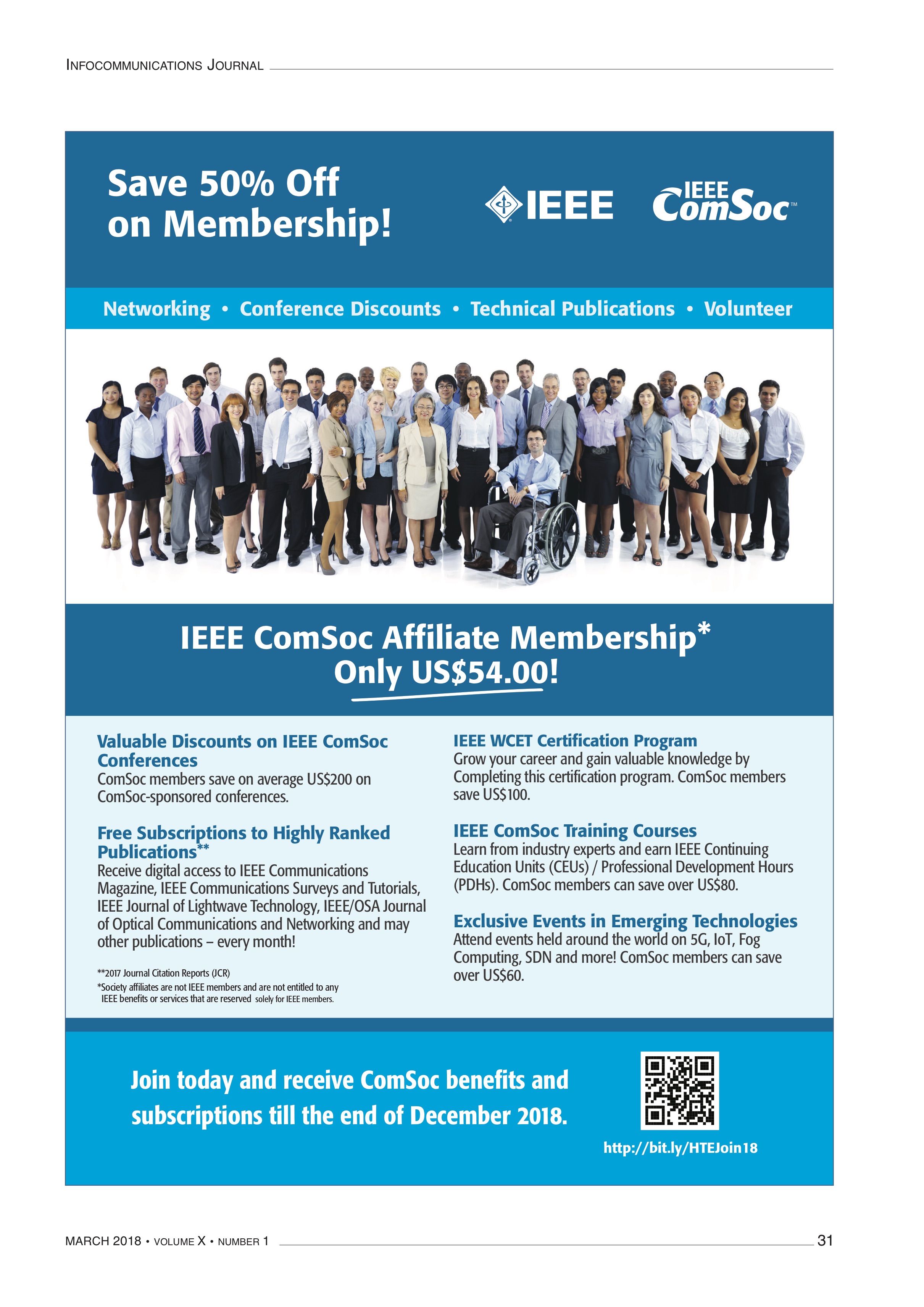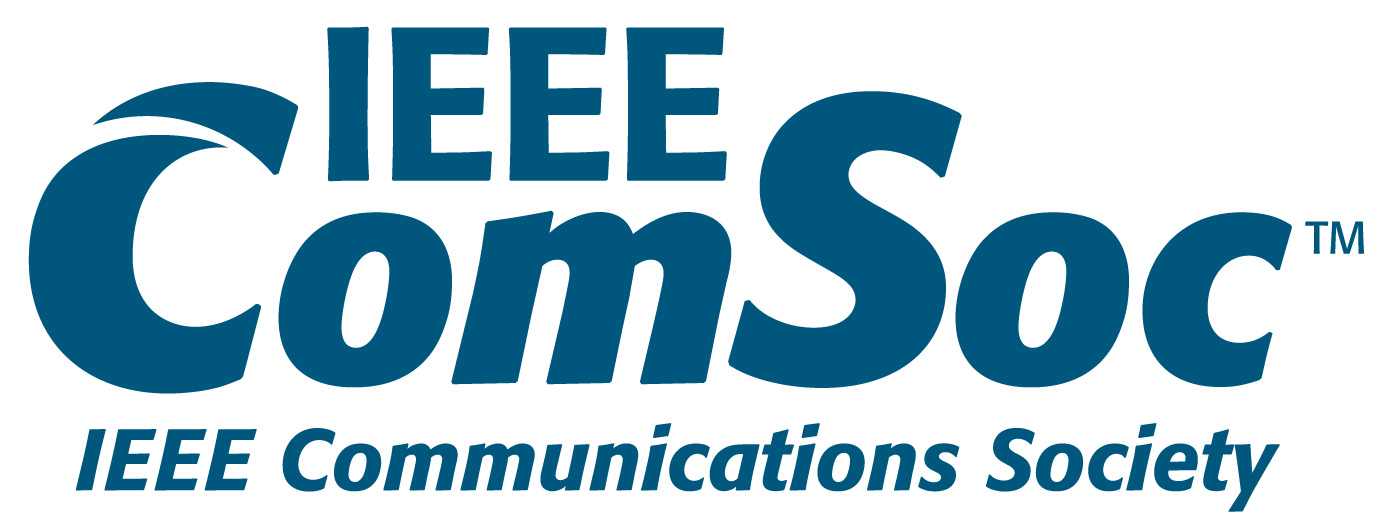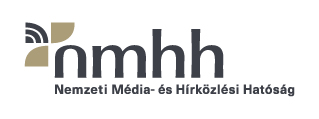2018. 1st Issue
Volume X, Number 1
Full issue  (6,1 MB)
(6,1 MB)
PAPERS FROM OPEN CALL
Ferenc Nandor Janky and Pal Varga
Time Synchronization Solution for FPGA-based Distributed Network Monitoring 
Distributed network monitoring solutions face various challenges with the increase of line speed, the extending variety of protocols, and new services with complex KPIs. This paper addresses one part of the first challenge: faster line speed necessitates time-stamping with higher granularity and higher precision than ever. Proper, system-wide time-stamping is inevitable for network monitoring and traffic analysis point of view. It is hard to find feasible time synchronization solutions for those systems that have nation-wide, physically distributed probes.
Current networking equipment reside in server rooms, and have many legacy nodes. Access to GPS signal is complicated in these places, and Precision Time Protocol (PTP) does not seem to be supported by all network nodes in the near future – so high precision time-stamping is indeed a current problem. This paper suggests a novel, practical solution to overcome the obstacles.
The core idea is that in real-life, distributed network monitoring systems operate with a few, finite number of probeclusters, and their site should have a precise clock provided by PTP or GPS somewhere in the building. The distribution of time information within a site is still troublesome, even within a server rack. This paper presents a closed control loop solution implemented in an FPGA-based device in order to minimize the jitter, and compensate the calculated delay.
Reference:
DOI: 10.36244/ICJ.2018.1.1
Download
Devender Kumar, Satish Chand and Bijendra Kumar
Cryptanalysis and Improvement of a Two-Factor User Authentication Scheme 
Recently, Wang-Wang have discussed a two birds with one stone: two-factor authentication with security beyond conventional bound. We find that this scheme is vulnerable to the password exposure attack and also does not offer user anonymity, which is an important feature for some of the applications like e-healthcare services, e-banking, etc. In this paper, we provide the solution to these problems.
Reference:
DOI: 10.36244/ICJ.2018.1.2
Download
Cost-Efficient Resource Allocation Method for Heterogeneous Cloud Environments 
In this paper we present a novel on-line NFV (Network Function Virtualization) orchestration algorithm for edge computing infrastructure providers that operate in a heterogeneous cloud environment. The goal of our algorithm is to minimize the usage of computing resources which are offered by a public cloud provider (e.g., Amazon Web Services), while fulfilling the required networking related constraints (latency, bandwidth) of the services to be deployed.We propose a reference network architecture which acts as a test environment for the evaluation of our algorithm. During the measurements, we compare our results to the optimal solution provided by an ILP-based solver.
Reference:
DOI: 10.36244/ICJ.2018.1.3
Download
Tamas Bisztray and Laszlo Bacsardi
The Evolution of Free-Space Quantum Key Distribution 
In this paper we are looking at the milestones that were achieved in free−space quantum key distribution as well as the current state of this technology. First a brief overview introduces the technical prerequisites that will help to better understand the rest of the paper. After looking into the first successful demonstrations of short range free space QKD both indoor and outdoor, we are examining the longer range terrestrial QKD experiments. In the next step we look at some experiments that were aiming to take free space QKD to the next level by placing the sender or the receiver on moving vehicles. After the terrestrial demonstrations we focus on satellite based experiments. Finally, we explore hyper-dimensional QKD, utilising energy−time, polarization and orbital angular momentum (OAM) degrees of freedom.
Reference:
DOI: 10.36244/ICJ.2018.1.4
Download
ADDITIONAL
IEEE ComSoc Affiliate Membership
Guidelines for our Authors




